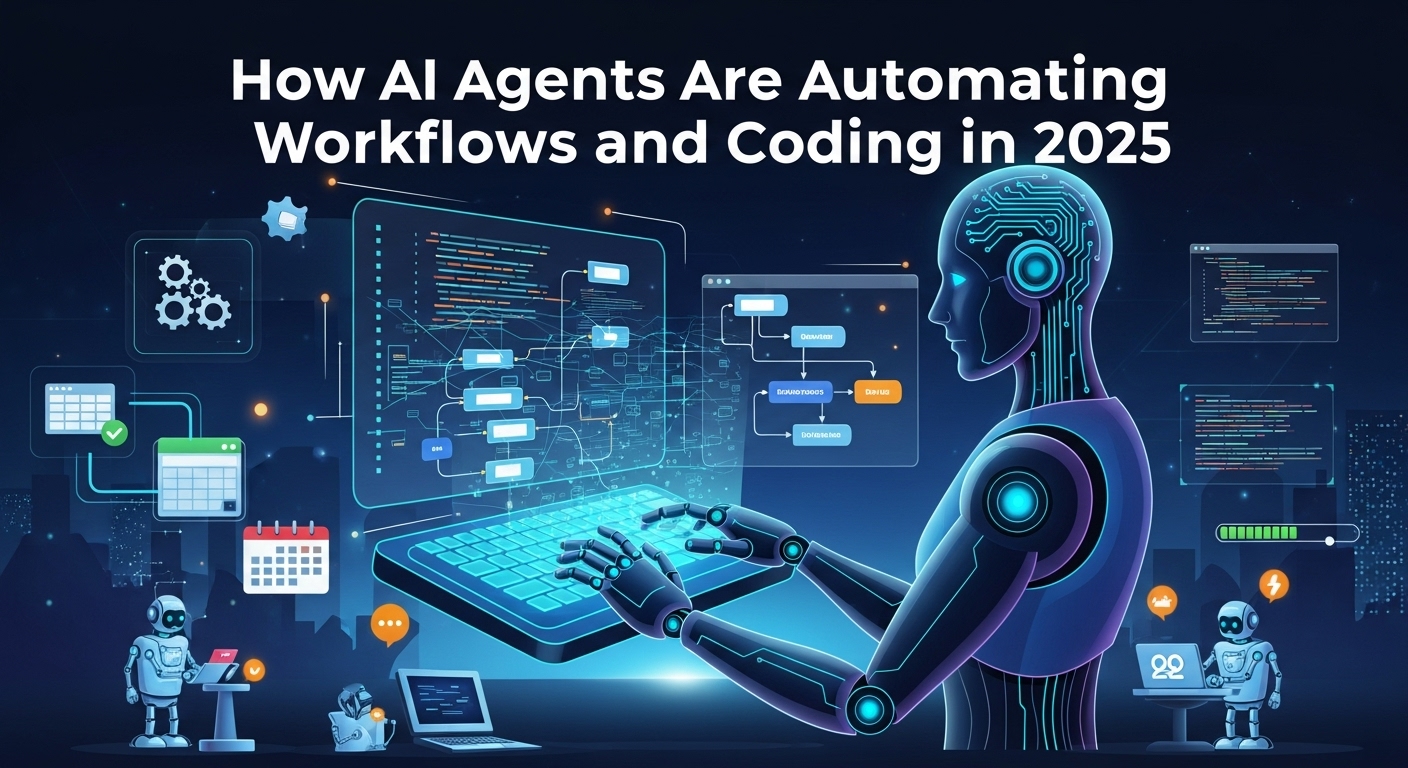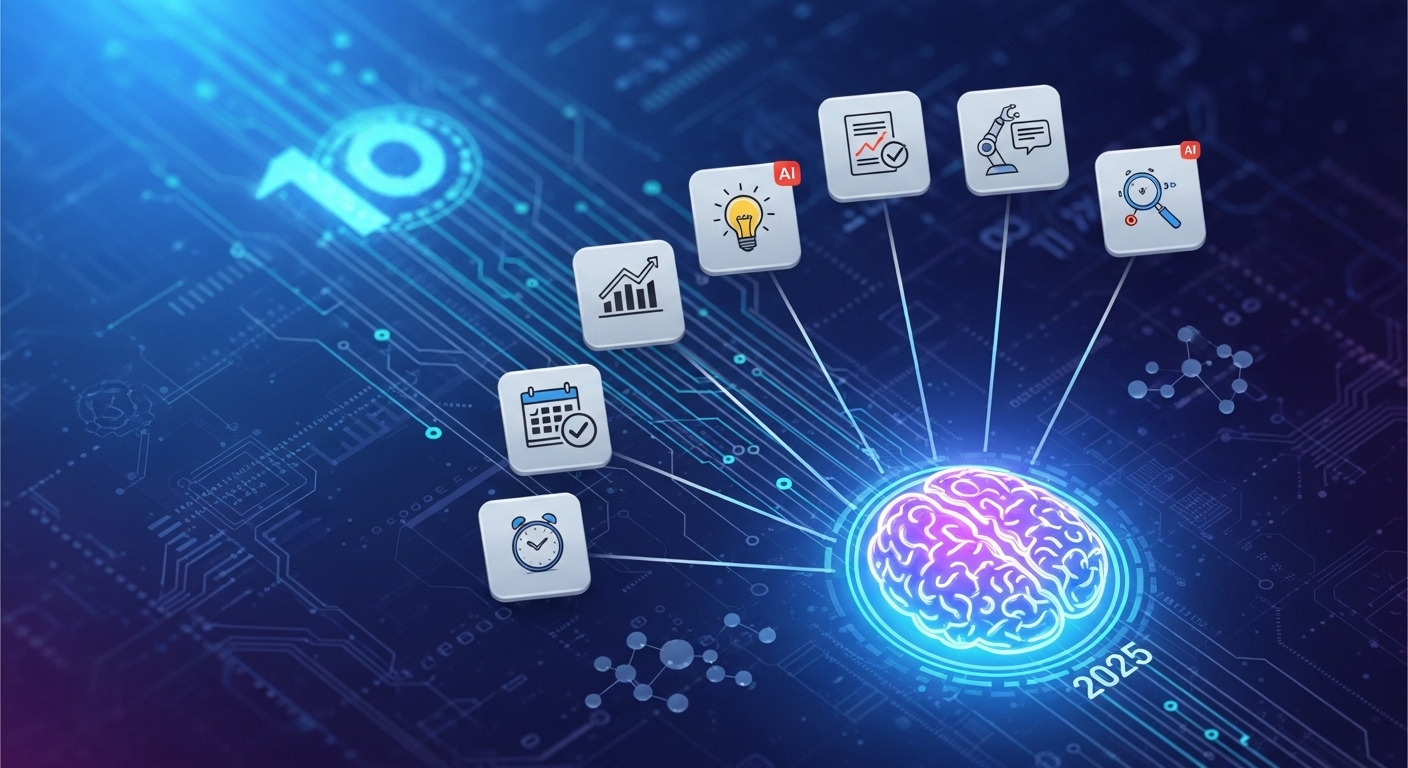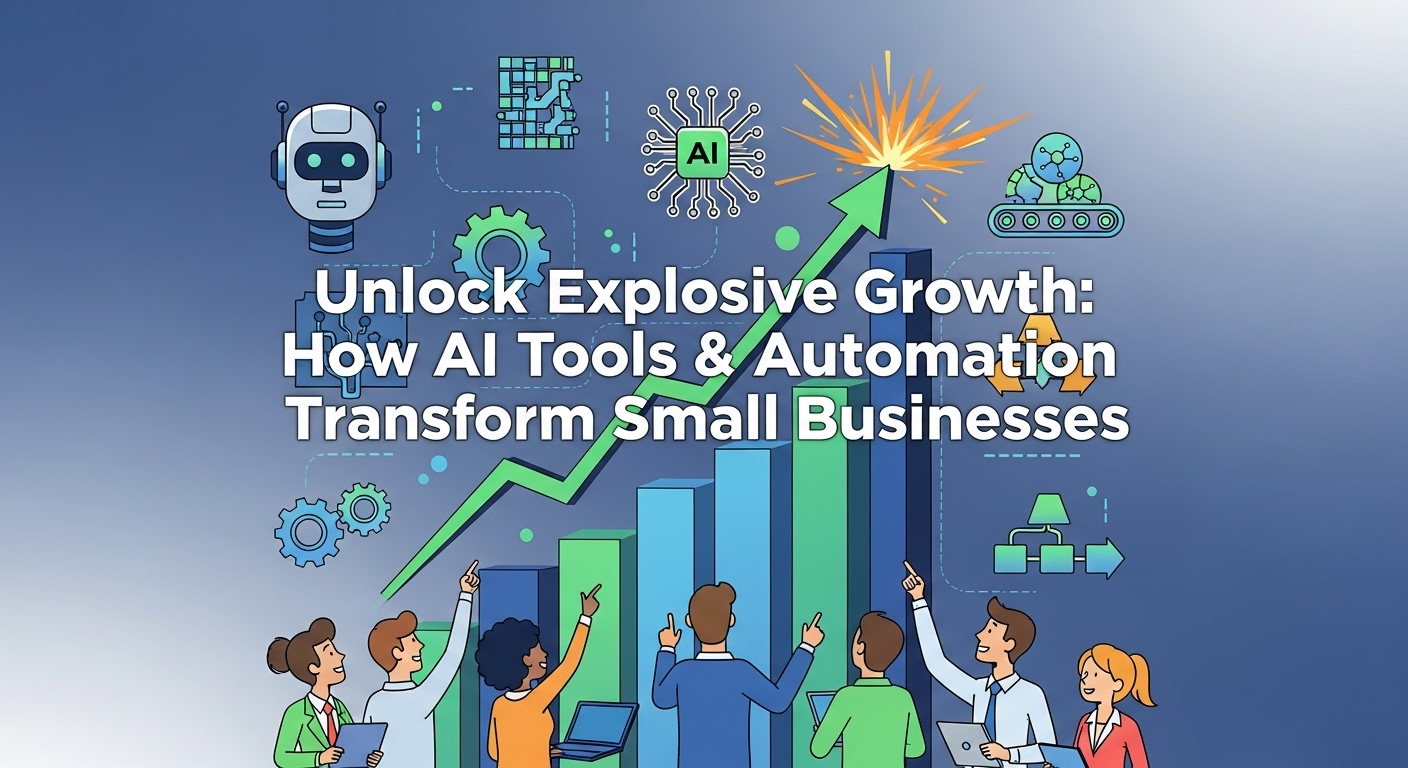What Exactly Are AI Agents, and Why Do They Matter in 2025?
The conversation around artificial intelligence has shifted. For years, we’ve talked about AI as a tool—something we command, like a smarter search engine or a clever chatbot. But in 2025, the narrative is evolving from AI as a passive tool to AI as an active partner. Enter the era of AI agents: autonomous systems capable of understanding goals, creating plans, and executing multi-step tasks in the digital world without constant human supervision. This isn’t just another incremental update; it’s a fundamental change in how we interact with technology and automate our lives.
Beyond Chatbots: The Leap to Autonomous Action
To truly grasp the significance of AI agents, it’s crucial to distinguish them from their predecessors. A chatbot, like ChatGPT, is a reactive system. You give it a prompt, and it provides a response. It’s incredibly powerful, but it waits for your instruction. An AI agent, on the other hand, is proactive. You give it a high-level objective, and it takes the initiative.
Imagine you want to plan a team offsite event. With a traditional AI tool, you might ask it to:
- “List the best-rated restaurants in Austin for a group of 15.”
- “Draft an email to the team to poll for dietary restrictions.”
- “Find flight options from New York to Austin for next month.”
You are the project manager, and the AI is your assistant. With an AI agent, your prompt would be: “Plan a three-day team offsite in Austin for 15 people next month with a budget of $10,000.” The agent then autonomously breaks down the goal. It researches venues, checks flight availability, compares prices, queries the team’s calendars via an API, sends out the poll for dietary needs, and presents you with a few fully-formed itineraries to approve. It’s the difference between having an intern and having a project manager.
The Core Components of an AI Agent
This autonomy is powered by a sophisticated architecture. While the specifics vary, most AI agents operate on a cycle of perception, planning, and action. They perceive their environment (e.g., read a new email, check a database), create a plan to achieve their goal (a series of steps and sub-tasks), and then execute those actions (send an email, write code, book a flight). They can even learn from the results of their actions to improve their performance over time. This ability to self-correct and adapt is what makes them so transformative.
Streamlining Your World: AI Agents in Workflow Automation
The most immediate impact of AI agents is being felt in business workflow automation. Repetitive, rule-based tasks that have long been the bane of office workers are prime candidates for agent-led automation. This goes far beyond simple macros or scripts; we’re talking about dynamic, intelligent process management.
From Tedious to Triumphant: Real-World Examples
Let’s look at how AI agents are already transforming everyday business functions in 2025:
- Intelligent Customer Support: An AI agent can monitor incoming support tickets, understand the user’s intent and sentiment, and access the knowledge base to provide an initial response. If the issue is complex, it can intelligently route the ticket to the correct human expert, along with a summary of the problem and the steps already taken.
- Proactive Sales Outreach: A sales agent can be tasked with identifying new leads. It can scan LinkedIn for professionals who match a specific profile, research their company, find their contact information, and draft a personalized outreach email referencing a recent company announcement or a shared interest.
- Financial Reconciliation: An agent can connect to company bank accounts, invoicing software, and expense reports. It can automatically match payments to invoices, flag discrepancies for human review, and generate weekly reconciliation reports without any manual data entry.
- Dynamic Supply Chain Management: In logistics, an AI agent can monitor weather patterns, shipping delays, and inventory levels in real-time. If it detects a potential disruption, it can proactively re-route shipments or order new stock to prevent a bottleneck.
The Rise of “Agent-as-a-Service” Platforms
The beauty of this revolution is that you don’t need a PhD in machine learning to benefit. A new category of ai tools & automation platforms is emerging: “Agent-as-a-Service” (AaaS). These platforms provide pre-built agents for specific functions or offer user-friendly, no-code interfaces that allow business users to build their own custom agents by simply describing the desired workflow in natural language. This democratization of automation is empowering small businesses and individual departments to create efficiencies that were once only possible for large enterprises with dedicated IT teams.
Code Without Keyboards: How AI Agents Are Writing Our Future
While workflow automation is a game-changer, the impact of AI agents on software development and coding is nothing short of seismic. The role of the developer is shifting from a writer of code to an architect of systems, with AI agents acting as tireless, hyper-competent junior developers.
Your New Pair Programmer: AI Coding Assistants
We’ve grown accustomed to AI-powered code completion tools that suggest the next line of code. AI agents take this a quantum leap forward. A developer can now describe a complex function or feature in a comment, and an AI coding agent will generate the entire block of code, complete with error handling, documentation, and even corresponding unit tests. This agent can read the entire codebase for context, ensuring that its suggestions adhere to existing patterns and conventions. It can identify bugs, suggest refactoring improvements for performance and readability, and even upgrade legacy code to modern frameworks—tasks that would take a human developer hours or days.
From Idea to Deployment: The Agent-Driven Development Lifecycle
The holy grail of AI in coding is the end-to-end agent-driven pipeline. In 2025, this is moving from theory to reality. A product manager can write a detailed specification for a new application feature. A ‘Product Agent’ translates this into technical requirements. A ‘Coding Agent’ then writes the necessary front-end and back-end code. A ‘Testing Agent’ rigorously runs tests, identifies bugs, and sends them back to the Coding Agent for fixes. Finally, a ‘DevOps Agent’ handles the entire deployment process, pushing the new feature live. The human role becomes one of high-level oversight, creative problem-solving, and final approval. This drastically accelerates development cycles, allowing companies to innovate at an unprecedented pace.
Democratizing Development
This new paradigm is also lowering the barrier to entry for software creation. An entrepreneur with a great idea but no coding skills can now use an advanced AI agent platform to build a minimum viable product (MVP). By describing the app’s functionality, user interface, and data models in plain English, they can have a working prototype generated in a fraction of the time and cost it would traditionally take. This is a powerful force for innovation, but it also raises important questions about code quality, security, and the future of software engineering as a profession.
The Future is Autonomous: Are You Ready?
The rise of AI agents in 2025 is not about replacing humans, but about augmenting them. These autonomous systems are designed to handle the repetitive, the complex, and the time-consuming, freeing us up to focus on strategy, creativity, and human-to-human connection. By automating workflows, we unlock new levels of productivity and efficiency in business. By automating code, we accelerate the pace of technological innovation itself. The landscape of ai tools & automation is more exciting than ever, and we are only at the beginning of this transformative journey. The question is no longer *if* AI agents will change your work, but *how* you will leverage them to build the future. What is the first workflow you would hand over to your new autonomous colleague?


